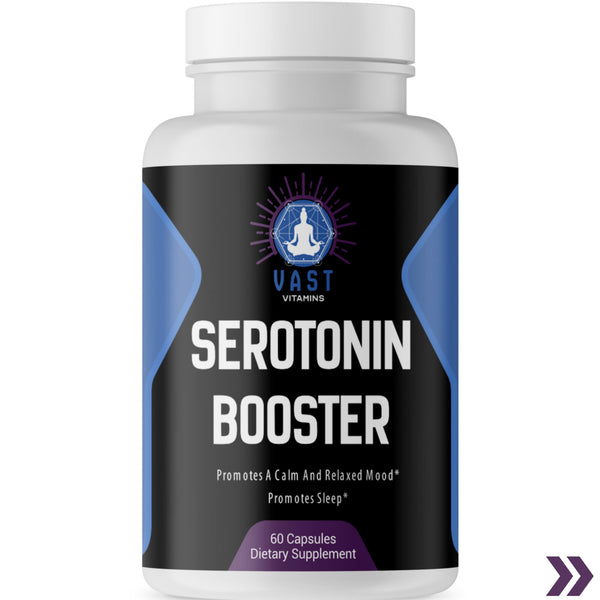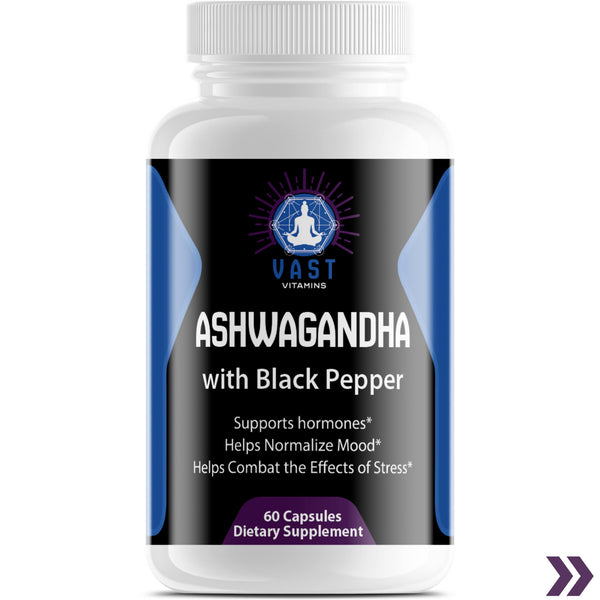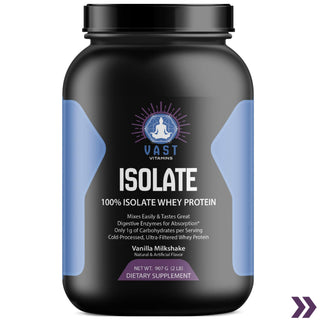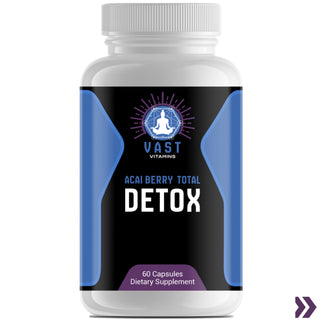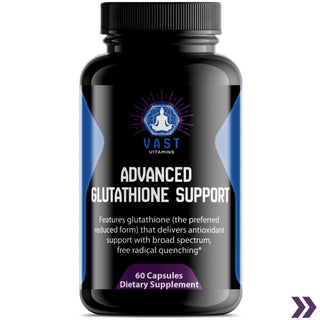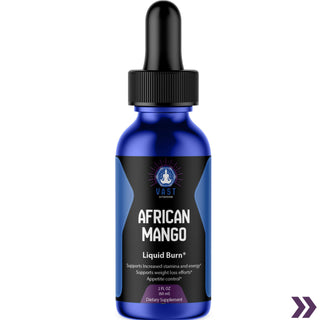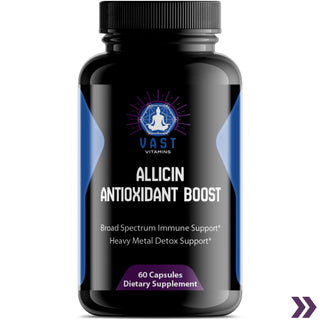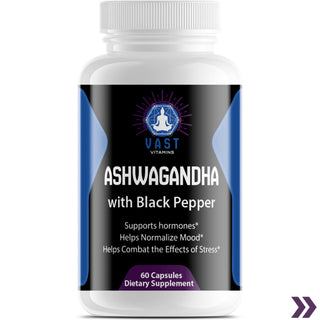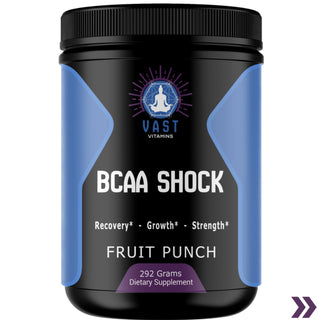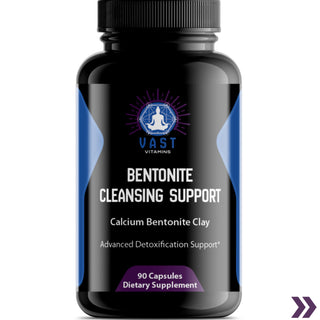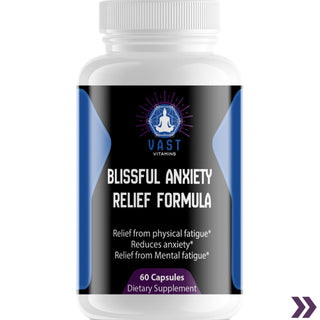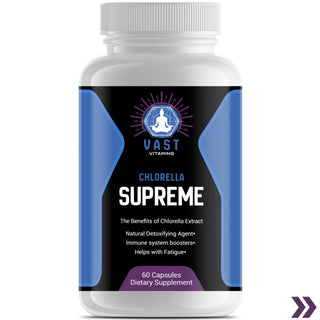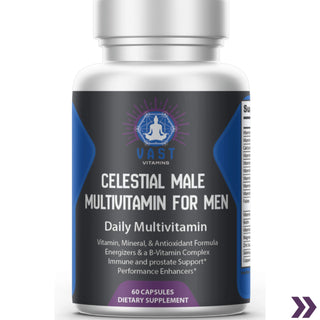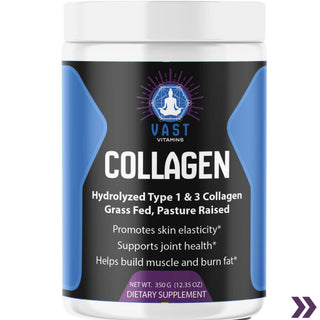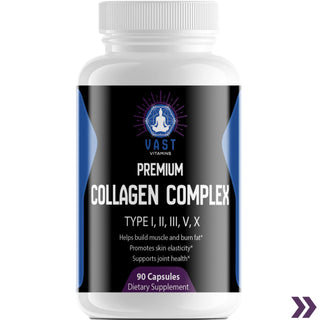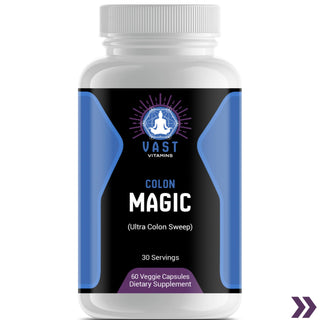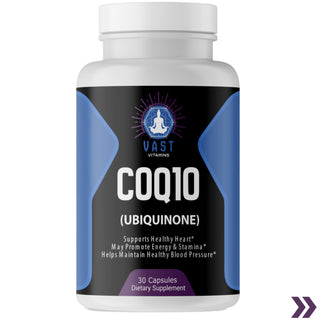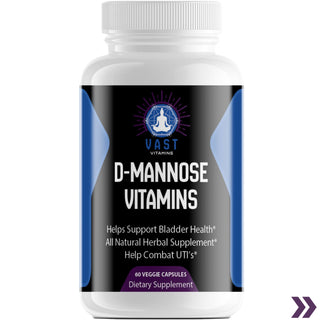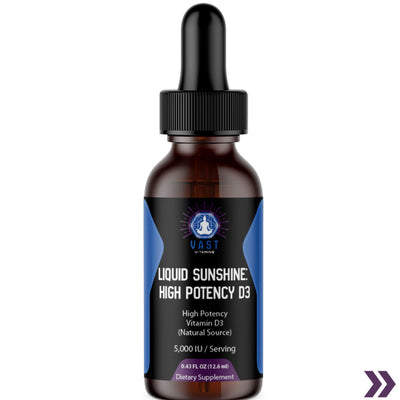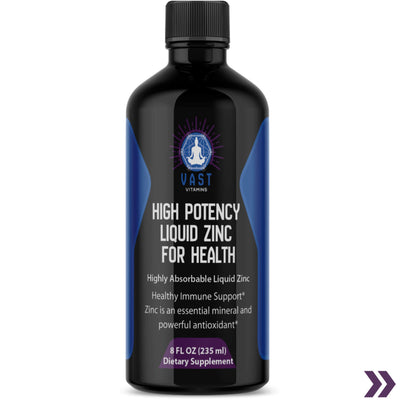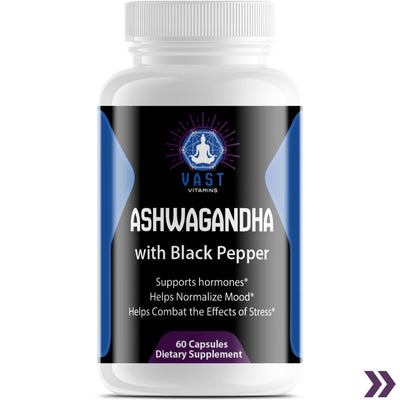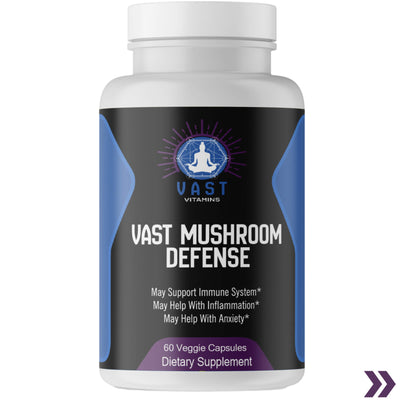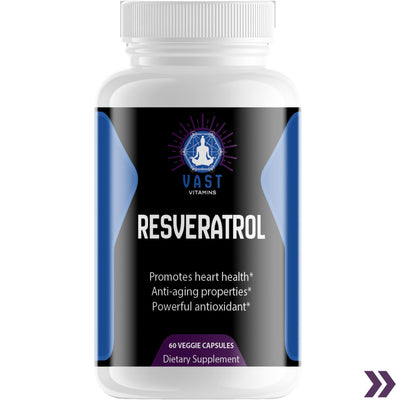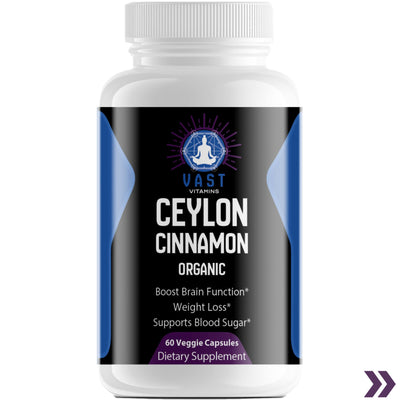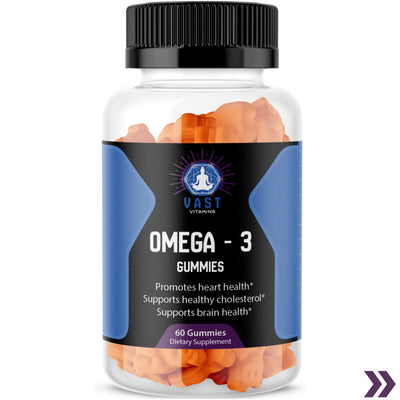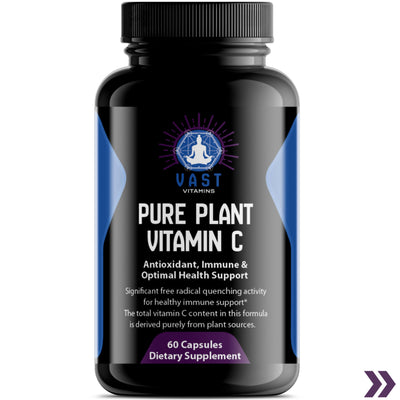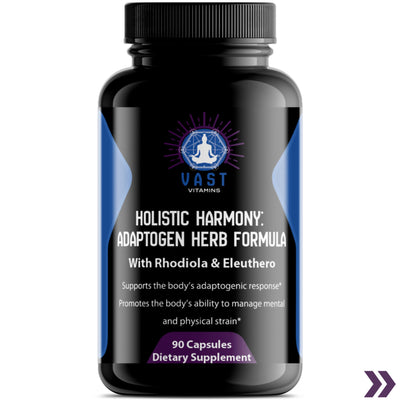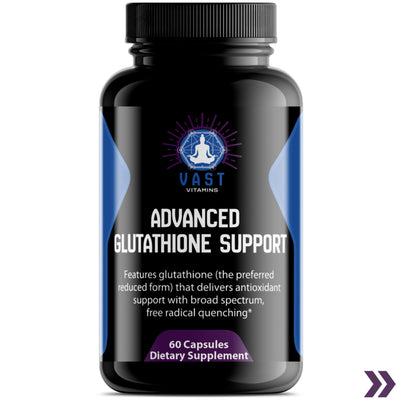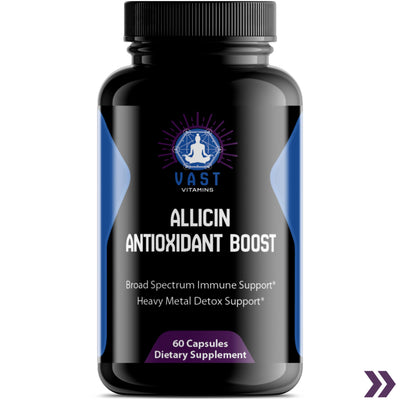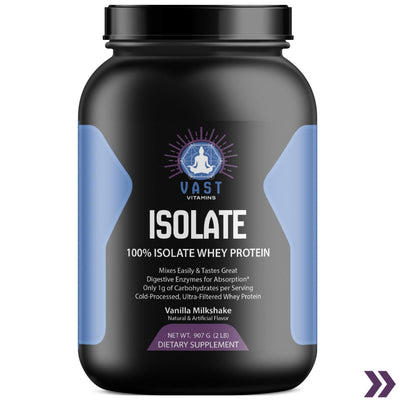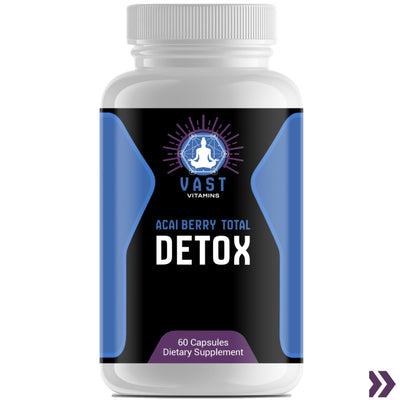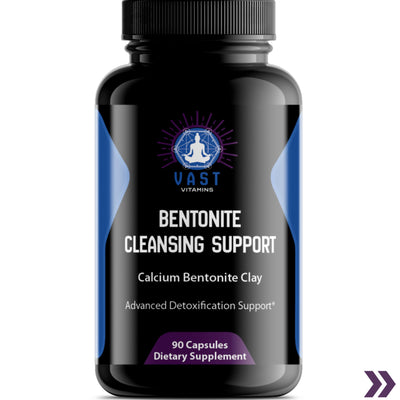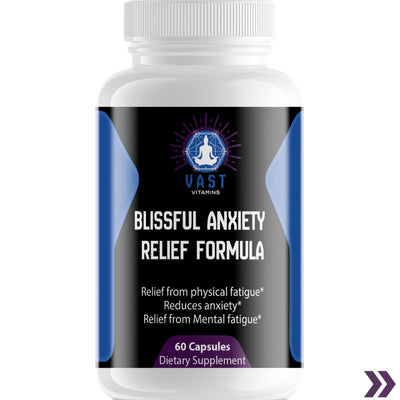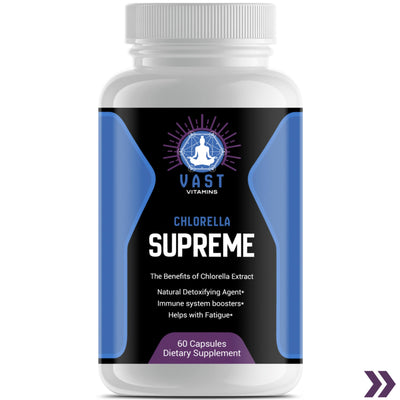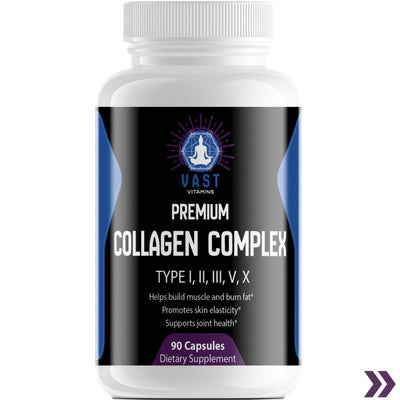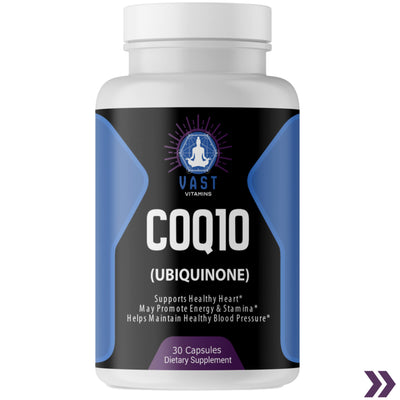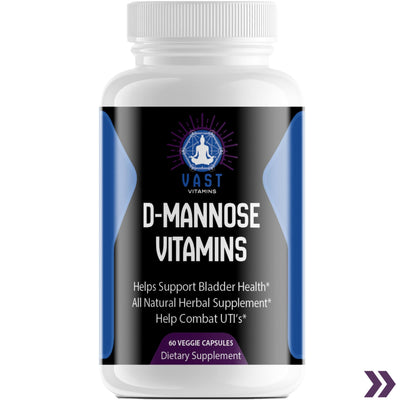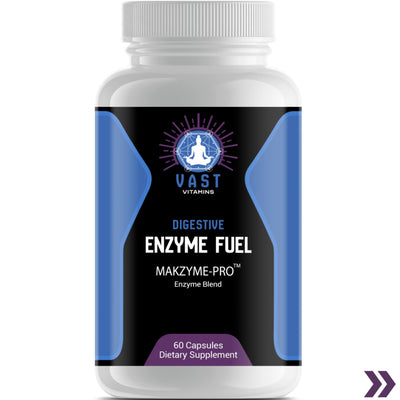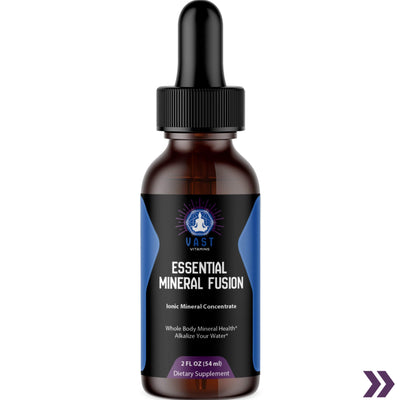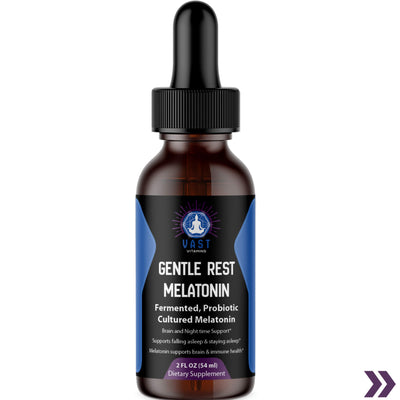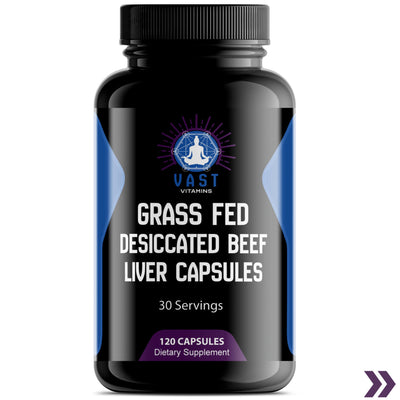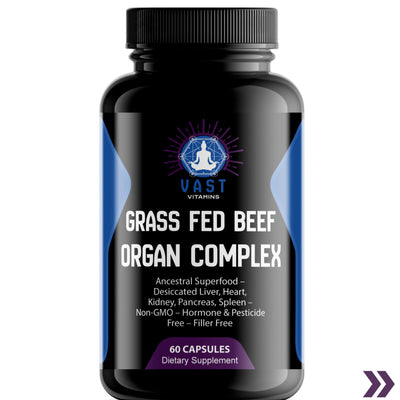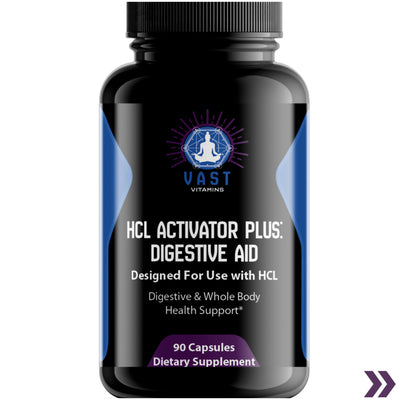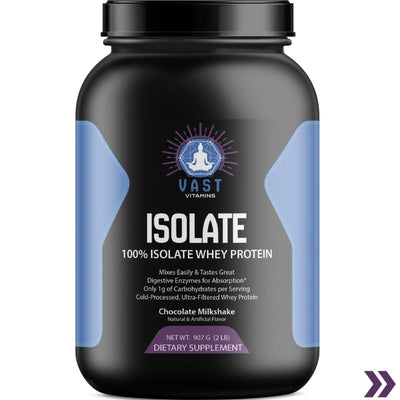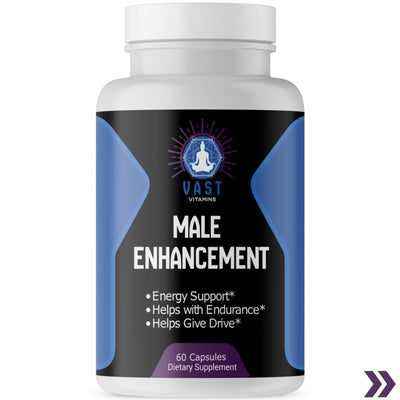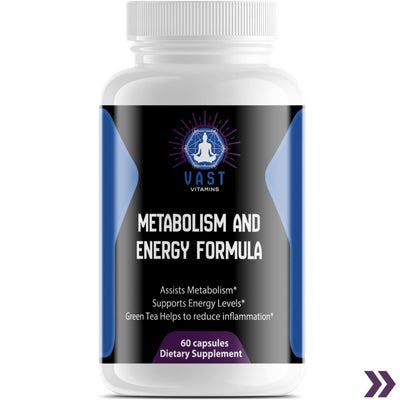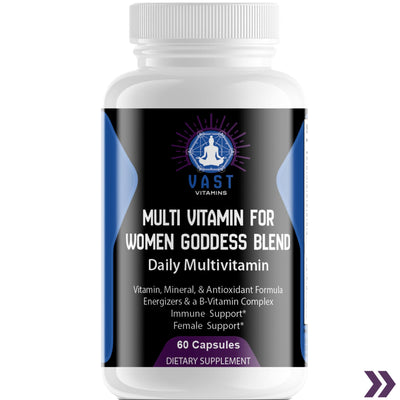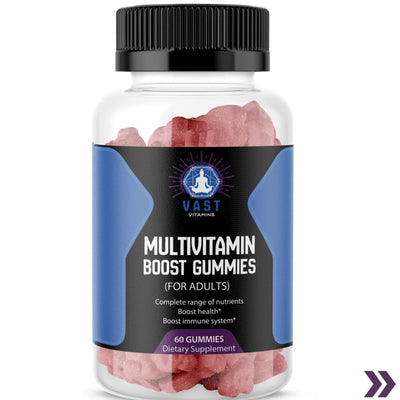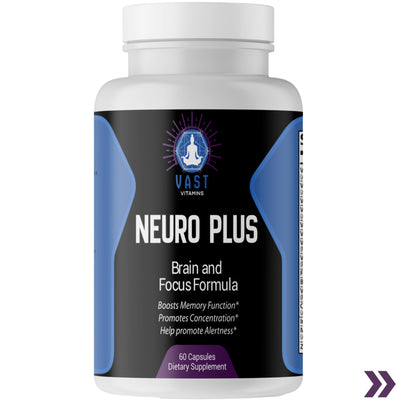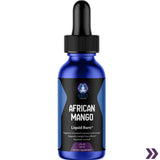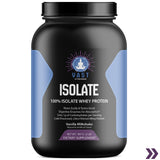A lot of people don't get enough B12 from their diet. Vitamin B12 deficiency can cause serious health issues, so if you experience symptoms like weakness or tiredness, you might want to check your vitamin B12 levels.
You need vitamin B12 to stay healthy. It's one of the eight B vitamins which enables the proper function of the brain, nerves, blood cells, and many other parts of your body. But what happens if you don't have enough of it?
Here's everything you wanted to know about vitamin B12 deficiency.
What is vitamin B12 deficiency anemia?
Vitamin B12 deficiency anemia happens when a lack of vitamin B12 causes the body to produce abnormally large red blood cells that cannot function properly. Red blood cells are responsible for carrying oxygen around the body using a substance called hemoglobin. Vitamin B12 deficiency anemia means you have lower red blood cells than normal or a low amount of hemoglobin in each red blood cell.
A lot of people in the U.S. don't get enough of vitamin B12 in their diet so if you feel like you might have the same deficiency, make sure you reach out to a professional or get a blood test to check your vitamin B12 levels.
What causes vitamin B12 deficiency?

As mentioned above, vitamin B12 deficiency anemia occurs due to a lack of vitamin B12 in your diet, which can be obtained from food sources like milk, eggs, etc. However, there are more causes of vitamin B12 deficiency.
The most common cause is a lack of a substance called intrinsic factor, a protein that's secreted by the stomach. When your immune system mistakenly attacks the stomach cells that produce the intrinsic factor, then you get this type of anemia which is also called pernicious anemia. People suffering from diabetes or thyroid disease may have a higher risk of developing pernicious anemia.
On another hand, Vitamin B-12 deficiency anemia could also happen if your small intestine is not able to absorb vitamin B-12 for other reasons such as recent surgery to your stomach, abnormal bacterial growth in the small intestine, tapeworm as a result of eating contaminated fish, or a kind of intestinal disease such as Crohn's disease.
We suggest you talk to your doctor if you think you may have vitamin B12 deficiency anemia.
Vitamin B12 deficiency symptoms
A mild deficiency may not have any symptoms, but if you don't treat it in time by eating foods and natural supplements rich in vitamin B12, you could experience some more serious symptoms. Here are some health problems that can occur as a result of untreated deficiency:
- Constant fatigue, tiredness, and weakness
- Shortness of breath and irregular heartbeats
- A sore tongue
- Diarrhea, constipation, or gas
- Pale skin
- Mouth ulcers
- Weight loss
- Confusion and memory problems
- Disturbed vision
- Psychological problems like depression
- Muscle weakness
How to raise your vitamin B12 levels?
If you have vitamin B12 deficiency, the best way to solve it is to increase your intake of foods and supplements rich in it. Beef, liver, chicken, dairy products, fish, fortified cereals, and eggs are great sources of vitamin B12. If you don't eat meat, B12-fortified grains, a supplement or B12 injections are your best bet.
Our Energy Booster Plus B12 Drops could be perfect for you! With 1 full dropper (1ml) per day, you can support your diet plan and give your body some extra energy*. Our B-12 vitamin drops could help with red blood cell formation and you might experience increased energy levels, better digestion, and an overall improvement in both your body and mind*.
Vitamin B-12's benefits go beyond metabolism and energy improvement. From potentially improving your bone health and fighting osteoporosis to reducing your risk of developing macular degeneration, these drops could be a game-changer for your health.
Vitamin B12 Deficiency FAQ: Everything You Wanted to Know
Where Can I Get Vitamin B12?
You can get vitamin B12 in animal foods, which have it naturally, or from items that have been fortified with it.
What are the risk factors for vitamin B12 deficiency?
You may also be more likely to develop vitamin B12 deficiency if you have: gastritis, in which your stomach lining has thinned, pernicious anemia, which makes it hard for your body to absorb vitamin B12, alcohol misuse or heavy drinking can make it harder for your body to absorb nutrients or prevent you from eating enough calories.
What is the Intrinsic Factor?
People with pernicious anemia don't produce enough of an important protein called intrinsic factor.
What is B12 deficiency?
They occur because your body doesn't have enough vitamin B12 to make red blood cells, which transport oxygen throughout your body.
What are the symptoms of a B12 deficiency?
Weakness and fatigue are common symptoms of vitamin B12 deficiency. People with a B12 deficiency often look pale or have a slight yellow tinge to the skin and whites of the eyes, a condition known as jaundice. If untreated, the damage to your nervous system caused by a B12 deficiency could cause changes to the way you walk and move.
What is Vitamin B12?
Vitamin B12, also known as cobalamin, is an important water-soluble vitamin ( It plays an essential role in the production of your red blood cells and DNA, as well as the proper functioning of your nervous system.
What Causes B12 Deficiency?
You're at risk of deficiency if you don't get enough from your diet or aren't able to absorb enough from the food you eat.
What is Glossitis?
Glossitis is a term used to describe an inflamed tongue.
What are the side effects of B12 deficiency?
One of the more serious side effects of a long-term B12 deficiency is nerve damage.























